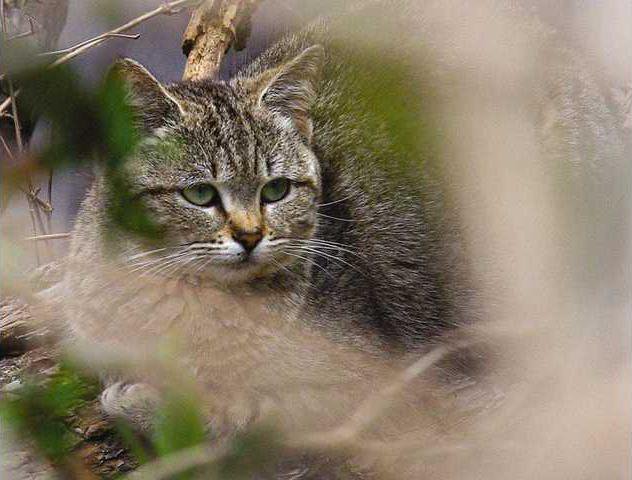Forsyth County Environmental Health was recently notified that a stray cat near Briarwood Trail and Grove Park Lane bit and scratched three people and a family dog. The cat later tested positive for rabies.
Public health officials say this can happen when people feed or rescue stray domesticated dogs and cats. Officials suggest if you have stray animals on your property to call animal control.
Feral cats, unlike stray domesticated cats are born in the wild and should be treated as wild animals. Public Health officials warn not to attempt to capture or feed feral cats. If you feed pets outside, pick up any uneaten food so wild animals, including feral cats will not be attracted to your property.
Maintaining current rabies vaccinations for pets and keeping them away from wild animals is the best way to protect them.
Rabies is transmitted only when the virus is introduced into bite wounds, open cuts in the skin, or onto mucous membranes, such as the eyes or mouth. The virus enters the central nervous system of the host causing an inflammation of the brain that is almost always fatal.
The most common carriers of rabies in the United States are raccoons, skunks, coyotes, foxes and bats. Human rabies is best prevented by reducing the risk of infection in domestic animals and limiting contact with wild animals.
Exposure to rabies is treatable by prompt care to the wound and appropriate post-exposure medicines. Prompt medical attention is important, as rabies is almost always fatal without it.
The Georgia Department of Natural Resources has rigid regulations that prohibit the keeping of wild and wild/domestic hybrid animals as pets. Some animals identified by these regulations are raccoons, skunks, coyotes, foxes, and bats. More information is available on the DNR website http://www.georgiawildlife.com
Public health officials become involved in animal cases where exposure or potential exposure to rabies occurs. The role of public health is to ensure that domestic animals are vaccinated against rabies and to ensure the public is informed about the risks of rabies and when to seek medical attention.
For more information about rabies, ask your veterinarian, local health department or go to http://dph.georgia.gov/rabies.


